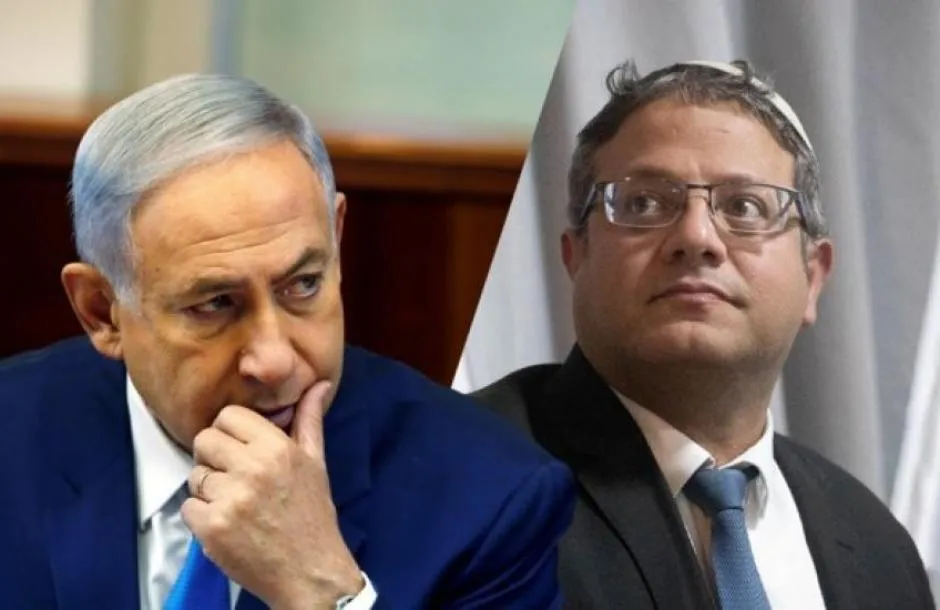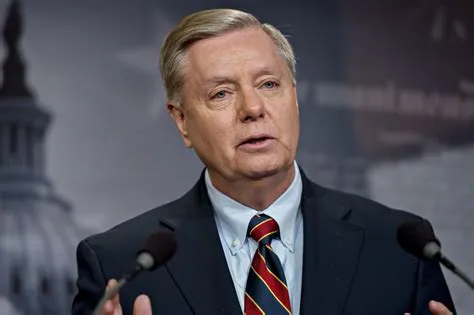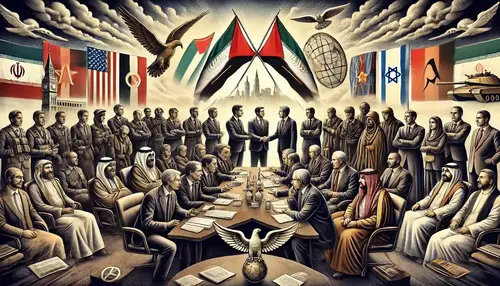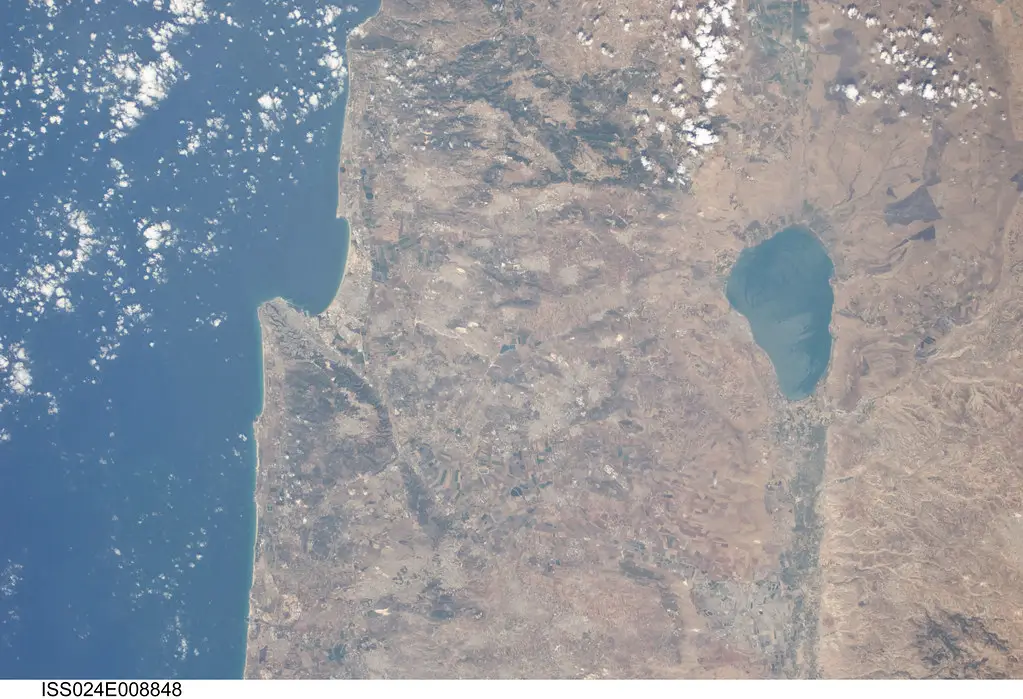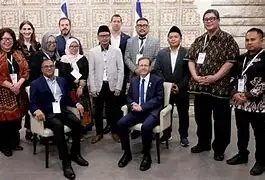jfid – The issue of Western mediation in Middle Eastern conflicts, especially by countries like the United States and its European allies, continues to be a complex debate.
The effectiveness of Western diplomatic and military approaches in handling these conflicts is often questioned, with some arguing that these interventions actually worsen the situation.
This article aims to examine several key aspects, including the historical background of the conflict, geopolitical influences, humanitarian impacts, and the evaluation of foreign policies of the relevant countries.
Historical Approach to the Conflict
To understand the West’s role in the Middle East conflict, it is important to review the long history between Israel and Palestine.
This conflict is rooted in overlapping land claims and deep ideological differences. Since the establishment of the state of Israel in 1948, efforts to achieve peace have often reached a dead end, despite various mediation initiatives.
According to a report from Voice of America, one of the causes of this failure is the inability to resolve core issues such as territorial boundaries, the status of Jerusalem, and the right of return for Palestinian refugees (Voice of America).
Western countries, particularly the United States, have acted as the main mediators in this conflict. However, bias towards Israel in various negotiations often becomes an obstacle in achieving a fair solution for both parties.
The United States, for example, is often criticized for its strong support for Israel, both diplomatically and militarily, which is considered to hinder the creation of sustainable peace.
Geopolitical Influence
Conflicts in the Middle East cannot be separated from global geopolitical dynamics, where major powers such as the US, Russia, and Iran play important roles.
According to analysis from Al Arabiya, these geopolitical interests often complicate local conflicts, with each country trying to strengthen its position in this strategic region.
The US, for instance, has an interest in maintaining access to energy resources and ensuring the stability of its regional allies such as Israel and Saudi Arabia (Al Arabiya).
On the other hand, Russia and Iran have interests in expanding their influence in the region, often through support for regimes that oppose Western interests, such as Syria and militia groups in Lebanon and Iraq.
The conflict in Syria, for example, has become a battleground for these interests, with Russia providing significant military support to the Bashar al-Assad regime and Iran using its influence to strengthen the position of Shiite groups throughout the region.
Humanitarian Implications
Amidst this geopolitical rivalry, the humanitarian impact of the conflict is often overlooked.
Al Jazeera reports that prolonged conflict has led to severe humanitarian crises in several regions, with millions of people forced to flee and thousands more killed or injured each year (Al Jazeera).
In Gaza, for instance, repeated blockades and military operations have made living conditions extremely difficult, with very high levels of poverty and unemployment and limited access to healthcare and education.
Humanitarian aid provided by Western countries is often insufficient to address the scale of the existing crisis, and in some cases, it even complicates the situation by creating long-term dependence without sustainable solutions.
Policies that focus more on addressing the root causes of problems, such as social and economic injustice, are urgently needed to alleviate the impact of this conflict.
Evaluation of Foreign Policy
Criticism of Western foreign policy in handling conflicts in the Middle East is strong, particularly regarding approaches considered too biased and ineffective in promoting peace.
According to analysis from the Middle East Monitor, approaches that rely too heavily on military force and economic pressure often result in resistance from local groups and deepen hostility towards the West (Middle East Monitor).
Additionally, policies like the US-led war on terror after the September 11, 2001 attacks have had significant impacts on the region, with many countries becoming battlegrounds for proxy wars between the US and militant groups.
Such policies are also often followed by human rights violations, such as detention without trial and the use of drones for assassination operations targeting suspected terrorists.
Challenges and Opportunities in Mediation
Mediating conflicts in the Middle East presents significant challenges, but it also offers opportunities for sustainable peacebuilding.
One of the main challenges is the deep-rooted mistrust between the conflicting parties, exacerbated by historical grievances and ongoing violence.
Furthermore, the presence of multiple external actors with conflicting interests complicates mediation efforts, making it difficult to reach a consensus that satisfies all stakeholders.
However, there are opportunities for progress if the international community adopts a more balanced and inclusive approach to mediation.
This includes engaging regional organizations, such as the Arab League, and considering alternative diplomatic strategies that prioritize dialogue and reconciliation over military solutions.
According to Al Jazeera, empowering local peace initiatives and supporting grassroots movements can also play a crucial role in building trust and fostering long-term stability (Al Jazeera).
Conclusion
Western mediation in the Middle East conflict is a complex and controversial issue. Although there have been some successes in reaching temporary agreements, such as the US-mediated peace agreements between Israel and several Arab countries, significant challenges remain in creating sustainable peace.
Historical, geopolitical, humanitarian, and foreign policy analysis shows that a more holistic and inclusive approach is needed to effectively address this conflict.
A more balanced approach focusing on root causes, along with closer international cooperation, can pave the way for a more just and sustainable resolution for all parties involved.
Effective mediation requires the commitment of all actors to prioritize peace and the well-being of people over mere political or economic interests.







